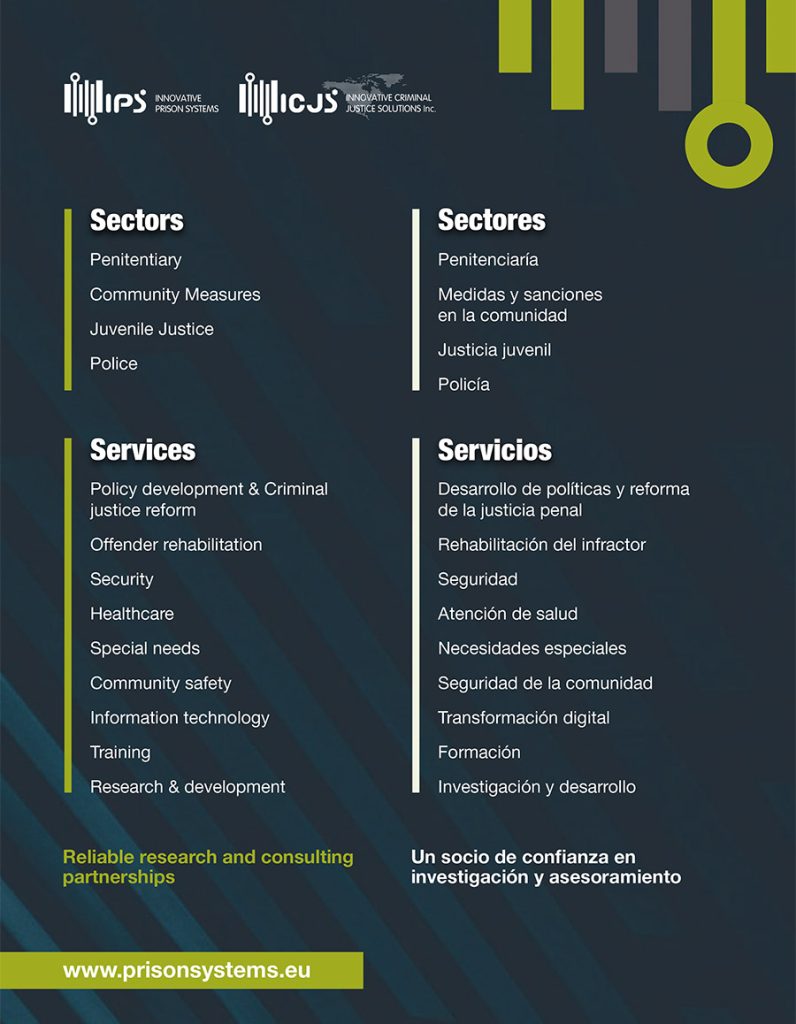Over the last quarter of a century, during my tenure working in criminal justice and corrections, I have had the privilege of witnessing the tremendous evolution in the role of correctional leaders across different countries and parts of the world. Far beyond the traditional responsibilities of maintaining order and security within prison walls or creating conditions to provide some level of rehabilitation services, the complex challenges faced by correctional services have led to more holistic, innovative, and collaborative approaches.
Leaders have been challenged to look beyond the boundaries of their systems and institutions and actively engage with other agencies, policymakers, and the broader community, striving not only to reform the correctional system but also to transform society’s attitudes and approaches to crime and rehabilitation.
Regardless of your current agenda’s priorities—whether your focus is on reducing overcrowding, overcoming resource constraints, increasing rehabilitation opportunities and their effectiveness, fostering desistance and reducing recidivism, ensuring compliance with human rights requirements and providing decent detention conditions, adhering to new legislative changes, preparing your team for the future, or exploring how technology and data can support your transformation plans—the traditional model of isolated correctional management, still present in some jurisdictions, is no longer viable.
The root causes of criminal behaviour lie far outside the walls of correctional facilities, rooted in socio-economic disparities, mental health issues, and, even today, in systemic injustices.
To address these underlying issues, you must be prepared to push the conversation with upstream agencies such as social services, healthcare providers, educational institutions, and community organisations. You must also be willing to push downstream collaboration to support inmates as they transition back into society, focusing on housing assistance, mental health support, job training, and continuous support networks that are vital components of successful reintegration.
Lasting change requires active engagement with policymakers to advocate for reforms. As a leader in this sector, you should use your unique perspectives and experiences not only to promote collaborations upstream and downstream and engage with the community, but also to influence policy development. Your insights into what works and what does not help shape policies that are both practical and effective. By championing evidence-based practices and successful models developed by your own or imported from other jurisdictions, you can drive meaningful reform that benefits individuals and society.
In this edition of JUSTICE TRENDS Magazine, we bring you interviews with correctional leaders, cases, and articles written by renowned experts that show how transformation can be achieved through upstream and downstream collaborations, advocating for policy reforms, embracing digital technologies, and engaging with the community.
Are you still only focusing on what happens inside the gate?
Wish you good readings.
Pedro das Neves
CEO IPS_Innovative Prison Systems
Director of the JUSTICE TRENDS Magazine



